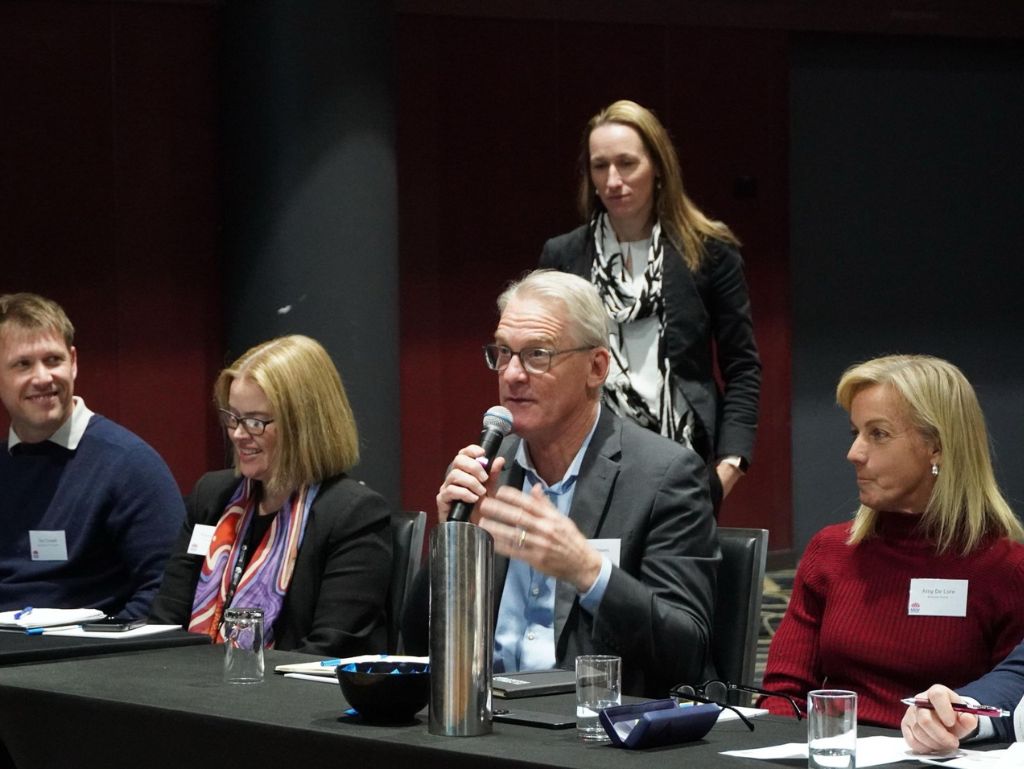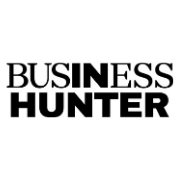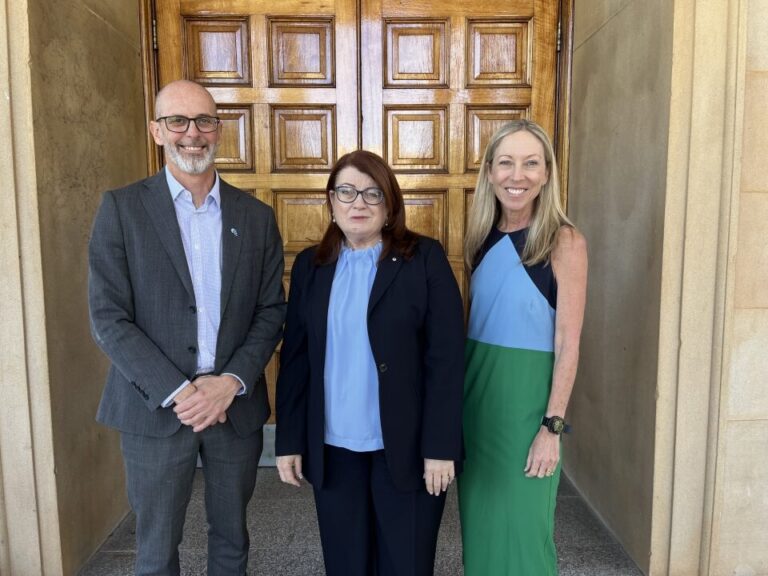Global uncertainty and the growing impact of day-to-day business pressures led to a dip in business confidence across the Hunter region during the second quarter of 2025.
The second Business NSW Business Conditions Survey for the year shows business confidence taking a dive from quarter one in both the ‘Newcastle and Lake Macquarie’ and ‘Hunter Valley’ statistical areas. On the bright side, respondents in both areas were anticipating an upturn in business fortunes in quarter three.
Business Hunter CEO, Bob Hawes said the survey had been done before the current escalation of Middle East hostilities, but the fallout of the Trump tariffs had contributed to the general sense of pessimism among regional business operators.
“The impact of the Liberation Day tariffs on international markets and ongoing uncertainty about trading conditions has affected both consumer and business confidence, and that is reflected in the responses across our region and NSW,” Mr Hawes said.
“More than 50 per cent of businesses said they had seen change in customer behaviour as a result of global economic uncertainty and nearly 30 per cent had noted changes in supplier behaviour.
One Hunter tourism business reported that “uncertainty around US policy is affecting customer spending” but another zeroed in on the new opportunities the tariff war could produce, saying “US tariffs and the resultant reciprocity is likely to limit (or) reduce competition from US companies in China or Europe”, providing more potential for local businesses to take market share away from US rivals.
Mr Hawes said the bread-and-butter issues of business, such as increasing insurance and energy costs, taxes and levies and red tape, were also weighing heavily on business operators’ minds and bottom lines.
“Insurance remains the number one cost pressure, with nearly 70 per cent of businesses across NSW reporting that they had undertaken a budget reallocation to account for higher insurance costs,” Mr Hawes said.
Businesses nominated workers compensation as a primary concern, with 77 per cent saying they wanted to see workers compensation reform in the 2025-26 NSW Budget. Legislation aimed at addressing the high cost and inefficiency of the workers compensation insurance system stalled in the Upper House two weeks ago and has been referred to a parliamentary inquiry.
“The NSW Government has predicted a 36 per cent increase in workers compensation premiums over the next three years if there is no system reform and an alarming one in five respondents to the Business Conditions Survey said this outcome could force them to close their doors,” Mr Hawes said.
Business hiring dropped off across the survey period, with only 19 per cent of Newcastle and Lake Macquarie businesses and 11 per cent of Hunter Valley businesses having employed new staff over the three-month reporting period. Conversely, 29 per cent and 40 per cent of businesses in those respective areas had reduced their headcount, higher than the state-wide average of 27 per cent.
Mr Hawes said reforms to workers compensation and the Emergency Services Levy were two measures the NSW Government could take in the short term to ease financial pressure on businesses.
“To tackle soaring insurance costs, the NSW Government must fast-track reforms to the Emergency Services Levy, which is collected largely through insurance policies and adds nearly a quarter to premiums,” Mr Hawes said.
“NSW is the only state that funds emergency services through a tax on insurance premiums. A fairer collection system would provide vital relief to thousands of businesses struggling to stay afloat.
“Passing the workers compensation reforms through the NSW Parliament at the earliest opportunity will also help ease the cost burden on businesses.”
IMAGE | Business Hunter CEO, Bob Hawes, speaking at a ministerial roundtable on the Hunter Jobs and Investment Authority






